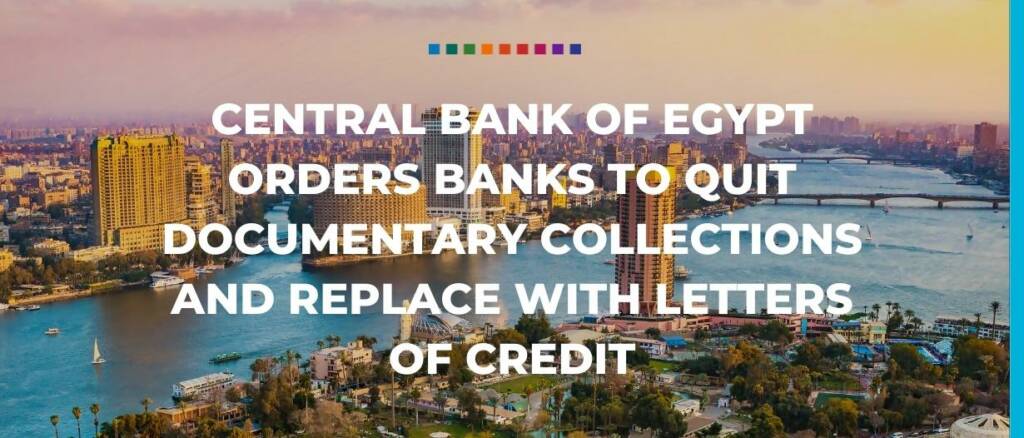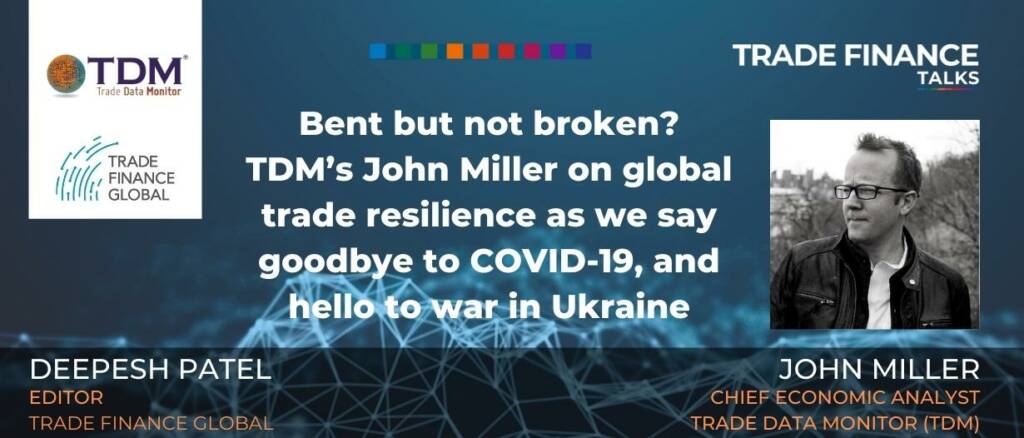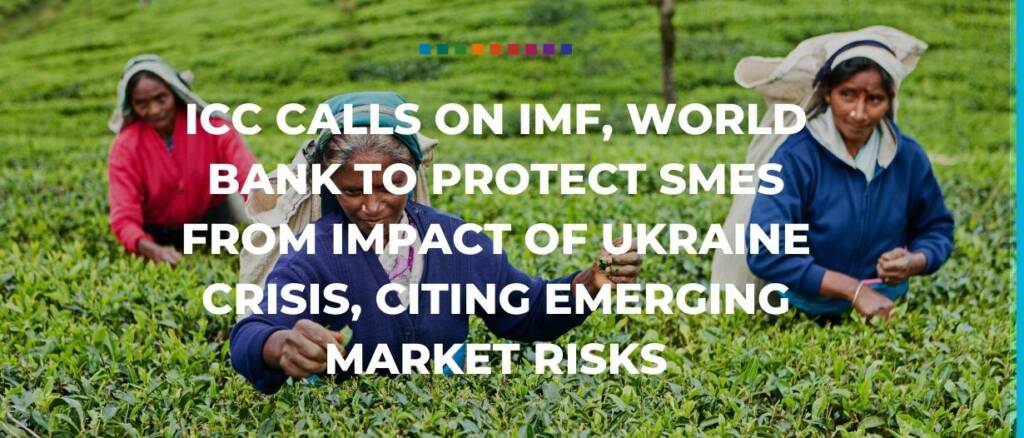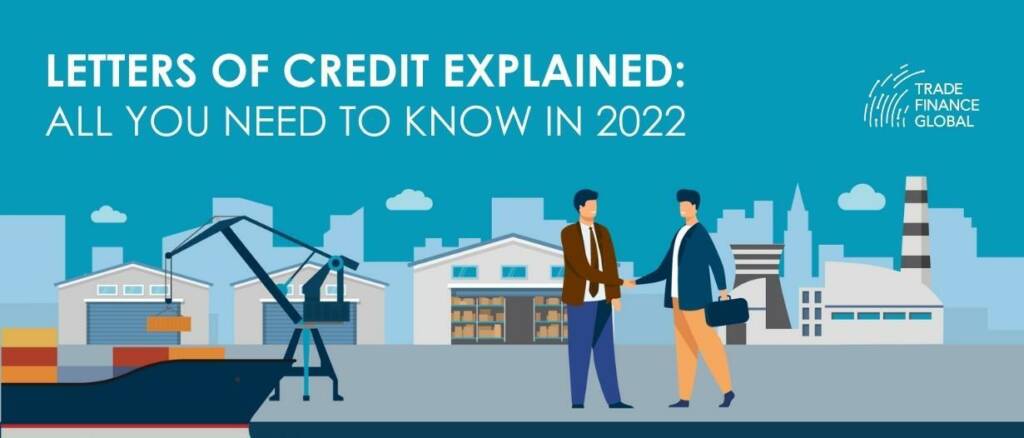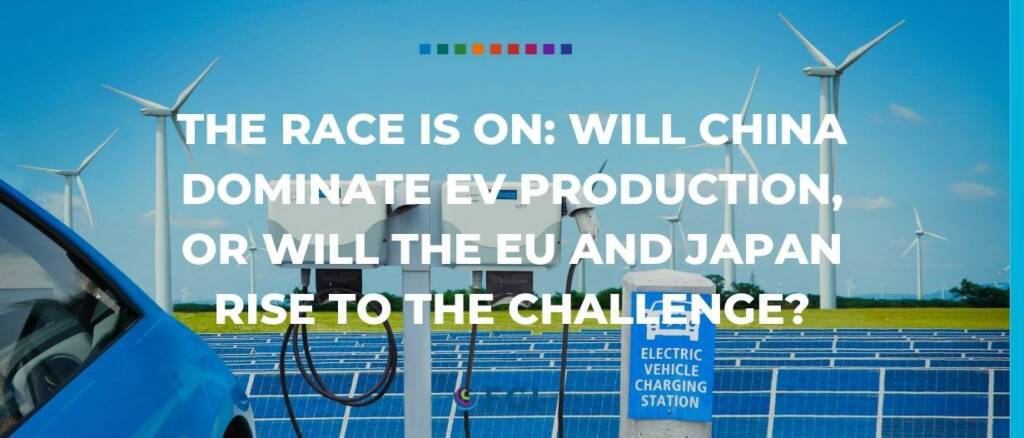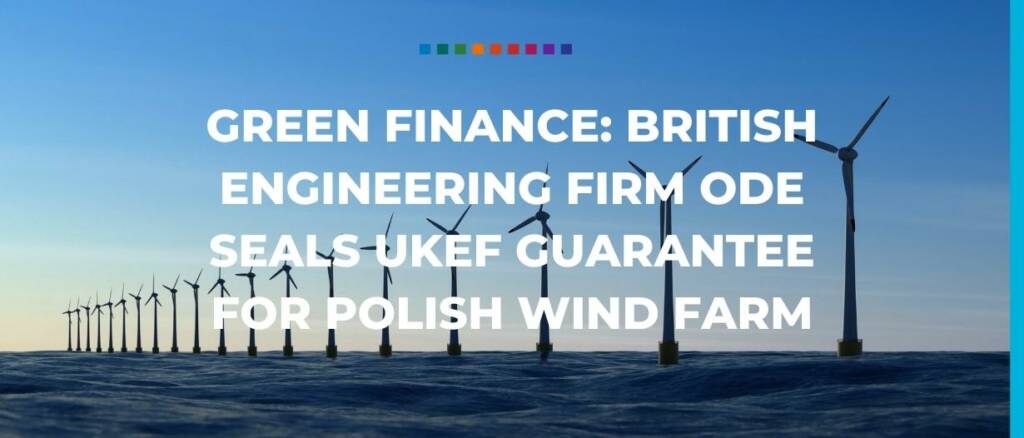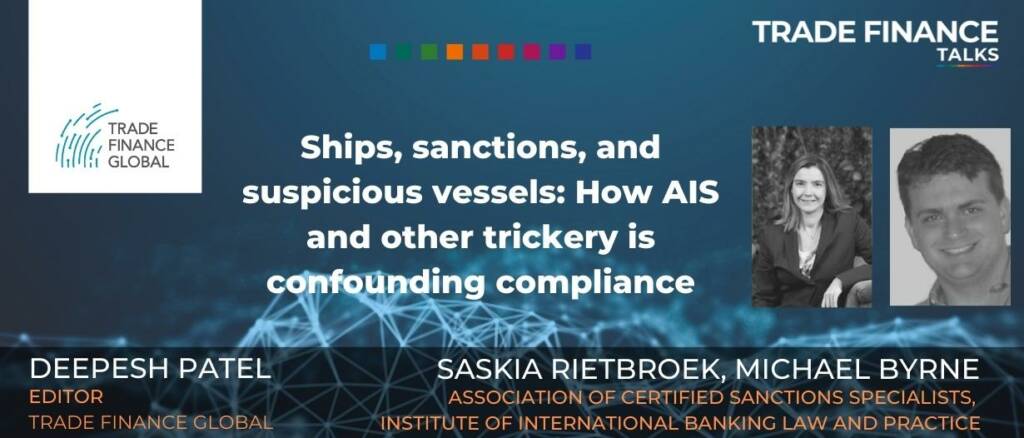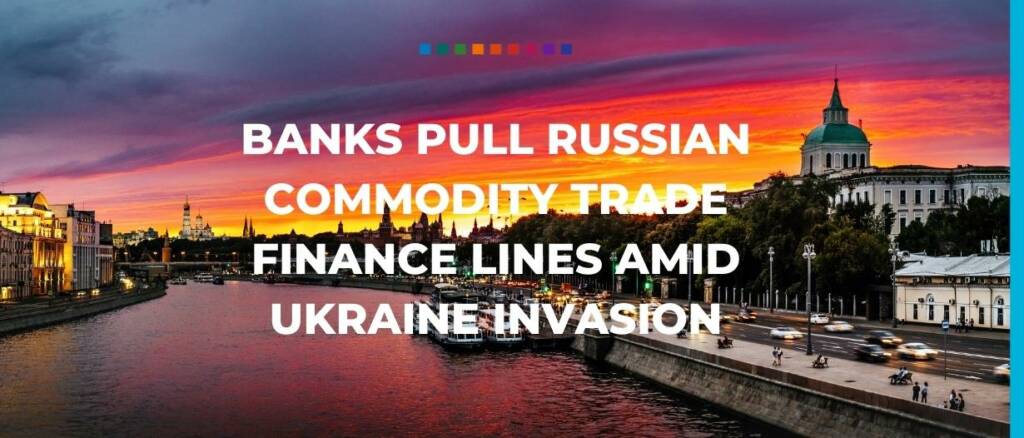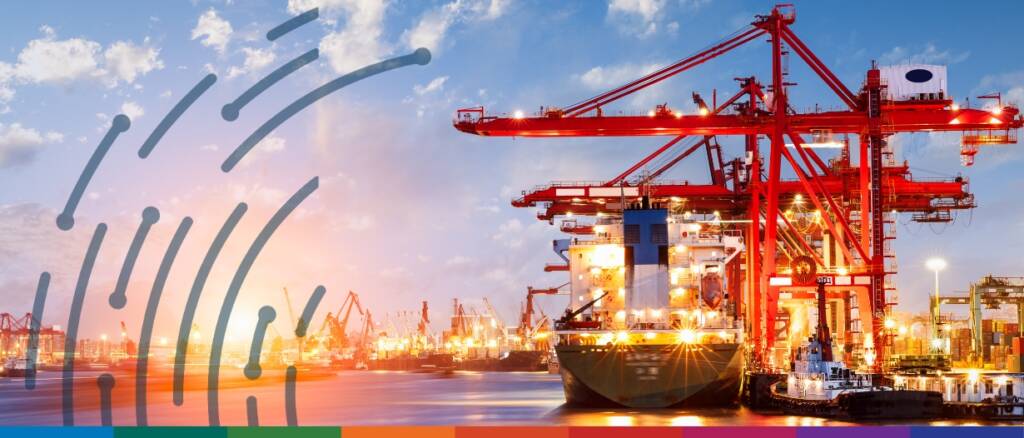This article looks at the Central Bank of Egypt’s decision to stop accepting documentary collections for imported goods, and substitute them with letters of credit. The decision is expected to have wide-reaching implications for Egypt’s business community and banking sector, writes Haitham Elsaid.
In our latest podcast, TFG’s Deepesh Patel spoke with John Miller, chief economic analyst at Trade Data Monitor (TDM), about the surprising resilience of global trade over the last two years
Despite net zero targets agreed to at COP26, global demand for coal is hotter than ever. TFG’s Lewis Evans investigates why…
The head of the International Chamber of Commerce (ICC) has written an open letter calling on major institutions to protect small businesses impacted by economic sanctions on Russia. John W.H.… read more →
Letters of credit are one of the most commonly used trade finance instruments, and they are a great way to increase security and mitigate risk during a trade transaction
The race is on to lead the world in electric vehicle (EV) production. Will China dominate, or will the EU and Japan forge ahead?
UK Export Finance (UKEF), the UK’s export credit agency, has signed a new green finance agreement with London-based Offshore Design Engineering (ODE). Under the deal, HSBC UK will provide a… read more →
In our latest podcast, TFG’s Deepesh Patel spoke with Saskia Rietbroek of ACSS and Michael Byrne of IIBLP on sanctions busters, sanctions compliance, and new maritime guidance for financial institutions
Several public and private banks and financial institutions have imposed trade and commodity finance restrictions on Russia amid the escalating conflict in Ukraine
Freeports are a special kind of air, rail, or seaport, where normal tax and customs rules don’t apply, says John Lucy, director of Liverpool City Region Freeport















